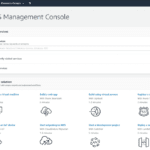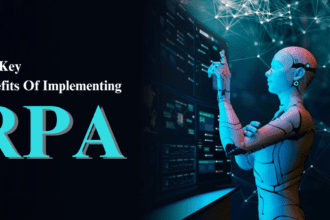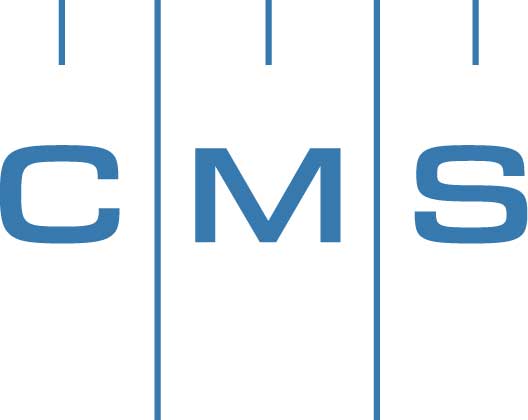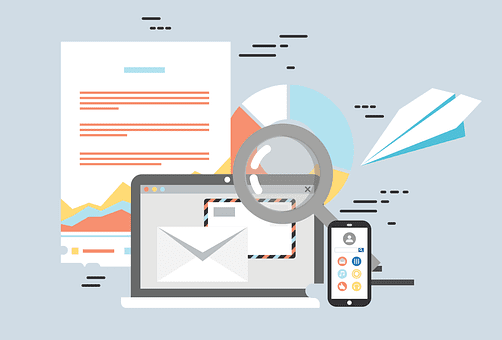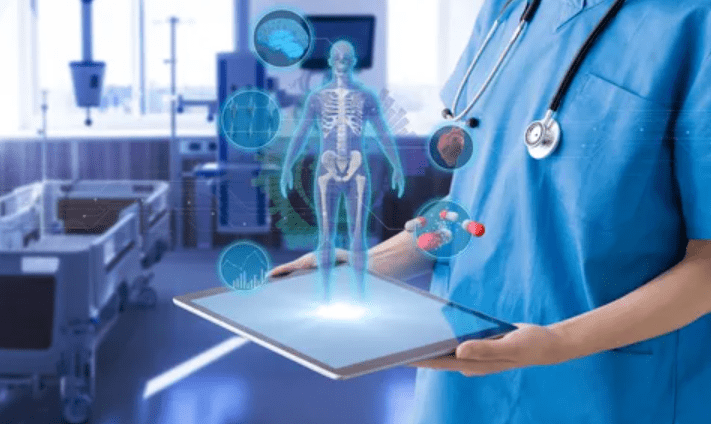
The current era witnessed an increasing use of artificial intelligence (AI), owing to its benefits over natural intelligence in terms of consistency, cost-effectiveness, ease of duplication and dissemination, and ability to perform specific jobs much quicker and better than humans. Technology has made a tremendous impact on various areas of our life in solving complex problems.
Medicine is one area where AI has gained significant attention in recent years. Modern medicine deals with the challenges of acquisition, assessment, and application of a large amount of data needed to solve complex clinical issues. The use of artificial intelligence is revolutionizing the field of medicine since it is transforming the way patients are diagnosed with diseases, drugs are discovered and developed, physicians and patients communicate, and patients are treated.
Artificial Intelligence in Medicine Trends and Insights

AI in the medicine market has huge potential for growth in the coming years. The lack of skilled healthcare professionals across the globe, the increased and efficient processing power of AI, the growing importance of precision medicine, and a rise in funding for research and development (R&D) activities for the use of AI technology catalyze the growth of the market. Furthermore, the untapped market opportunities available in developing markets such as India and China offer lucrative avenues for the development of the market.
According to a recent report published by Allied Market Research, the global AI in medicine market is expected to accrue a sum of $18,119 million, growing at a CAGR of 49.6% during the forecast period, 2018 to 2025.
Artificial intelligence applications in medicine have tremendous potential to grow in the coming years, as it has the power to enhance operations, assist clinicians with repetitive tasks, help find answers to queries quickly and develop innovative treatments and therapies. The emergence of technology provides unprecedented opportunities to enhance patient and doctor outcomes, alleviate costs, and improve population health. However, more success is dependent on the availability of high-quality healthcare data, which needs a great deal of planning and execution
Applications of AI in Medicine
1. Disease Diagnosis –
Human errors lead to limitations in the accuracy and efficiency of diagnosis of diseases and interpreting medical knowledge is an arduous job. AI methods including convolutional neural networks, transformers, and knowledge graphs have been recognized as powerful tools to enhance the diagnosis and treatment of several diseases. The application of artificial intelligence in the process of diagnosis assists medical professionals to improve the accuracy and efficiency levels, thus offering digitalized healthcare services.
2. Drug Discovery/Development –
In traditional drug development techniques, a known target is used to screen small molecules that interact with it or affect its function in cells. These methods work well for targets that can be easily targeted by drugs. These targets have well-defined structures and intelligible cellular interactions Nonetheless, these approaches are very limited owing to the complexity of cellular interactions and limited knowledge of cellular pathways. Artificial intelligence can resolve these issues by making use of complex algorithms and machine learning (ML) to draw meaningful data from a large dataset.
AI also helps in recognizing compounds that could link to targets that are not easily druggable, i.e. molecules with undefined structures. A predictive group of compounds can be recognized in a short time through the repetitive interactions of various compounds with small parts of a protein.
3. Patient and Doctor Communication –
Productive communication with a health professional is crucial for the patient. Nevertheless, most doctors do not have fair communication skills. The inability of doctors to explain the conditions and treatments to their patients properly and comprehensively can result in the improper use of medication, worsening of the health condition, and less patient satisfaction.
AI technology can revolutionize the communication process in healthcare by providing physicians with personalized and detailed assessments of their communication skills. Automatic analysis of the words shared between the physician and the patient could say if the two parties understood each other. It could also provide feedback on if doctors are properly recording patients’ health histories, suggesting evidence-based treatments, and using phrases that is intelligible to patients.
4. Personalized Treatment –
Every patient responds to drugs and treatments differently. Yet doctors often treat patients with the same diagnosis in a similar way. Personalized treatment is an emerging medical practice that has huge potential to increase patients’ lifespan as it makes use of a patient’s genetic profile to make decisions regarding the prevention, diagnosis and treatment of diseases. Machine learning algorithms automate identifying which factors affect the treatment choice. It helps find out which characteristics indicate that a patient will have a certain response to a certain treatment. ML knows this by studying the data of similar patients and collating their treatments and outcomes. The outcomes then help physicians develop the correct treatment plan for patients.




